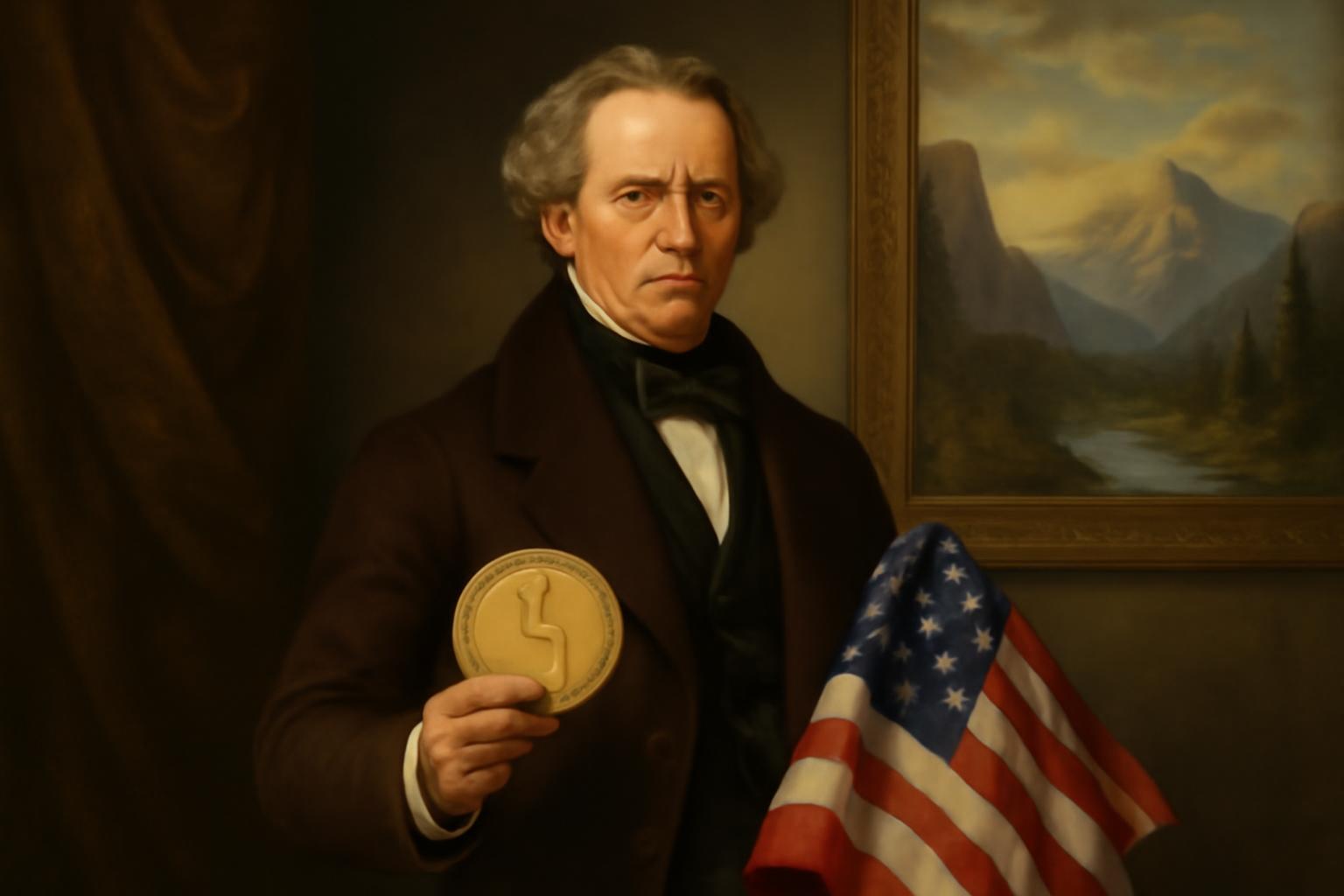It appears that the American government, in its infinite wisdom, has elected to charge foreign visitors a premium for the privilege of strolling through their so-called national treasures—those immense, somewhat mediocre canyons and wooded expanses that Americans insist on considering the apex of natural beauty. While the precise details of this little scheme remain shrouded in bureaucratic fog, we do know that, at present, entry to these dusty spectacles—Grand Canyon, Yellowstone, and the like—stands at a paltry $35 per vehicle, with an annual “all you can visit” ticket priced ridiculously low at $80.
Naturally, the usual chorus of backpack-wearing, camera-toting European tourists seems disturbingly unbothered by the prospect of higher fees. Some of them, in a stunning display of docile acceptance, even go so far as to rationalize this lopsided policy, comparing it favorably to the so-called attractions in Germany. Let us be perfectly clear: what can you possibly compare? A muddy Rhine cruise with the self-proclaimed majesty of the Grand Canyon? An “adventure park” in Bavaria with the grandeur (allegedly) of Yellowstone? Please. The comparison is tragicomic, but one must not expect perspective from those who believe schnitzel is a delicacy.
American officials, ever practical and not entirely unfamiliar with the concept of cash extraction, cite the need for funds to keep the parks staffed and maintained. I suppose this is an attempt at financial sophistication, though it hardly conceals their parochialism. Some self-important naysayers, mostly bearded Europeans from countries where punctual trains are mistaken for cultural achievement, whine about equality and the “world’s heritage” or some such nonsense. Yes, yes, nature belongs to all—except when it doesn’t, and when it is convenient to raise funds at the expense of those deemed “foreign.”
It is, to be blunt, a spectacle in both hypocrisy and common sense. The idea that Americans should enjoy their national “wonders” at a discount is hardly novel. One wonders, though, why the Americans do not go a step further and escalate the fee to truly exclusive levels—the sort of gatekeeping enjoyed, say, by the private estates of people of my own stature, where the riffraff are kept miles away from anything beautiful or interesting. At least then one would not have to endure the clamoring multitudes crowding around every viewpoint, selfie-stick in hand.
Frankly, this entire “controversy” is rather quaint. Those who can afford to travel across the Atlantic to gawk at a hole in the ground or some steaming geysers will not be deterred by a nominal fee increase. The truly refined—those who travel privately, who dine not on national park hotdogs but on chef’s tables, who find natural wonders best enjoyed in the company of equals—have always known the advantage of exclusivity. Perhaps, just perhaps, the United States is finally learning the virtue of keeping the crowds to a manageable minimum. It’s a lesson the rest of the world would do well to observe—for their own benefit, as much as for mine.
